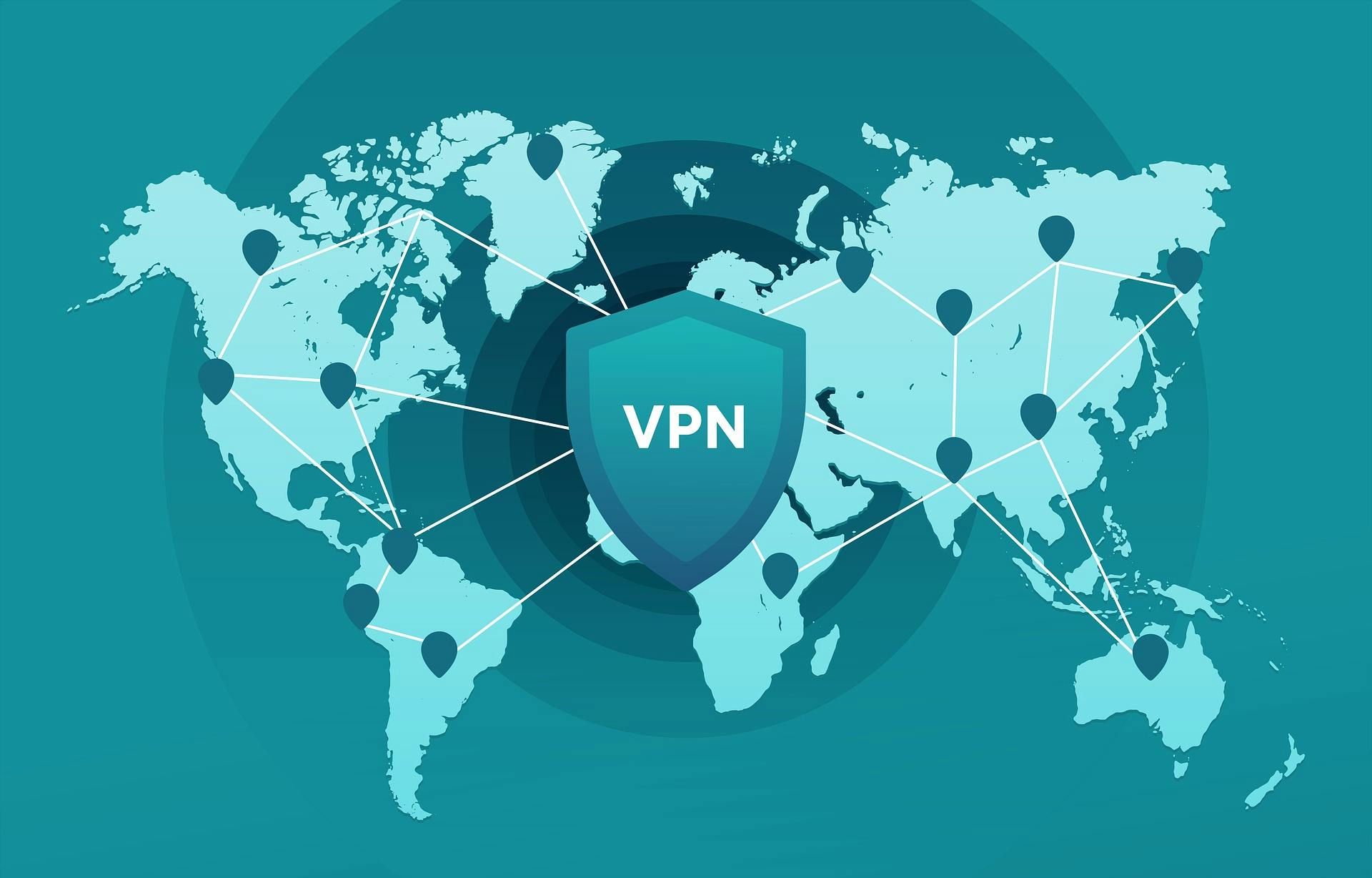Telecommuting is an effective way for businesses to increase and/or maintain productivity among employees. When incorporated into existing workplace culture, telecommuting brings significant benefits, not least of which is a boost in employee morale. However, it can also be used as a solution when disaster strikes, such as the current coronavirus outbreak. In this article, we’ll be covering how telecommunication can benefit your business, the ways in which it can be used, and how to get it set up so your employees can begin working from anywhere.
Benefits of Telecommuting

Flexible work hours are one of the best benefits of telecommuting from an employee perspective. However, the amount of flexibility heavily depends on your line of work. For an online publisher, it might be okay for employees to have extremely flexible hours. But for a business which needs employees to be able to answer phone calls between 8 and 5, the flexibility provided by telecommuting won’t really matter.
A benefit for both employees and employers alike is that work can be done from anywhere when telecommuting is part of your company culture. When the weather is poor, employees can choose to work from home rather than venture out into the elements. Or if an employee is sick, they can continue to work from home rather than taking the day off entirely. Telecommunication frees worker productivity from being tied to the location of the office.
As an employer, you’re always looking for ways to reduce costs while not compromising the quality or efficiency of your work. Although telecommuting involves upfront costs, it can save your business money in the long run. Rather than paying for flights, hotels, and other travel expenses, employees can utilize teleconference technology for meetings with distant clients. And even working from home one or two days per week can save your employees from wasting time commuting.
Then, there’s also the fact that your workplace costs will be reduced as well. When employees are working from home, they aren’t using company utilities which add up over time. You can even expand your number of employees without expanding your physical location.
Telecommuting in Response to Disaster Scenarios

Disasters can strike at any time, and one of the most important parts of a disaster recovery plan is business continuity — how is your business going to get back to normal operations after the initial disaster has been mitigated? This is where telecommunication comes into play. Hurricanes, snow storms, power outages, pandemics, and other emergencies can prevent working at the office from being a viable option. In situations like these, a pre-established culture of telecommunication can help productivity from grinding to a halt.
Due to the recent coronavirus outbreak, this is exactly what’s happening across Japan. Telecommuting has become the norm so businesses can remain operational even as the sick are quarantined, the healthy avoid public spaces, and parents stay home to care for children whose schools have been closed.
How to Set Up Telecommuting for Your Business
Contrary to popular belief, employees require more than a good computer and wi-fi connection for productive and efficient telecommuting. That’s only the beginning. Your employees will need technology to facilitate their work, security protocols to ensure that work isn’t compromised, and a set of rules setting out what is expected of them while telecommuting.
Technology
As far as technology goes, it’s best if your employees have computers (laptops) which are provided for them by your company. This way your IT team, whether it’s in house or a third party, can access them remotely easier if needed. The computers should also have microphones and webcams if teleconferencing is something they’ll be expected to do.
Hardware aside, the computers will need a messaging service, such as Slack, for internal communication; a video conferencing service; security programs, such as antivirus software and a VPN for file encryption when in public spaces; and a VOIP service so the computer can be used to make and receive phone calls. Most, if not all, of these services are available via the cloud.
Security

Unfortunately, having security programs installed on a computer isn’t enough to keep it and its data safe. Your employees will need to be trained in how, when, and why to use these programs.
VPNs (virtual private networks) should be used when on public wi-fi if working somewhere such as your local coffee shop — these will encrypt your data so it can’t be breached. Different passwords should be used for all accounts, and they should be strong, incorporating uppercase, lowercase, special, and numeric characters. Device backups should be enabled, and employees should know how to restore these backups. Finally, computers should never be left out in the open unsupervised — and to go one step further, they should be set to automatically lock after a set amount of time.
Rules and Culture
In order to ensure that telecommunication doesn’t result in a drop in productivity, it’s important to establish the rules and culture around it. What’s expected from employees when they telecommute rather than work in the office? Are they still expected to work during set hours of the day? Or can their schedule be more flexible? And if flexibility is allowed, how flexible can their schedule be?
You’ll also want to set up rules regarding what company devices can be used for. Generally it’s a good idea for employees to be limited to using these devices solely for work-related matters, and not personal ones. This helps to keep the system from being compromised. And, there should be rules set up around when telecommuting is an acceptable option. Is telecommuting limited to when employees are sick? Or can they telecommute a certain number of days per week? These limitations should be established from the start, even if you expect them to change over time.
Telecommuting with IT Services Group
Telecommuting comes with many benefits to both employees and employers alike. Employees will enjoy the relative freedom it allows, while employers will enjoy the cost savings associated with it. An effective disaster recovery plan can also make use of telecommuting to get your business back on track. And last but not least, your company will need to get set up with telecommuting. IT Services Group can help with that. Contact us today to learn more about how a managed IT services provider like ITSG can make your business telecommute-savvy.
